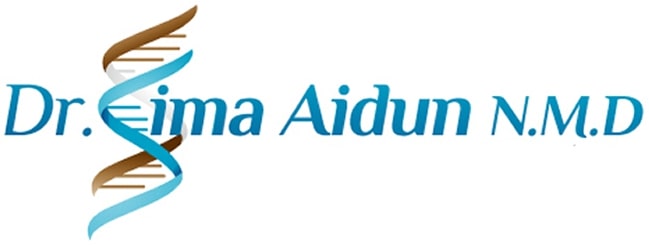Autophagy – pronounced aw-TAWHF-uh-gee – is the ability of every cell in our body to clean and recycle old and defective parts.
Each cell in your body contains genes whose specific job is to perform this cleaning service.
If you think of each cell in your body as though it were a clothes washer, these “cleaning genes” are like the knobs on the washing machine.
If these knobs don’t work, the load of dirty laundry inside the washing machine (or the cell’s parts) won’t get cleaned or recycled appropriately. The end result is a stinky load of clothes or in the case of failed autophagy, “dirty cells!”
When was Autophagy Discovered?
Scientists first had an inkling about autophagy in the 1960’s when looking at mammalian cells under the electron microscope. It wasn’t until the early 1990’s, however, that a Japanese scientist, Yoshinori Ohsumi, identified the genes essential for autophagy. He found the washing machine knobs! He was awarded the Noble Prize in 2016 for this work.
How Important is it that My Cells Get Cleaned and Updated?
If cells are not clean and parts are outdated, it can lead to cell malfunction and as a result aging of the cells and diseases.
If My Autophagy Function is Poor, How Might That Affect my Health?
Disturbed autophagy has been linked to:
- Disorders of aging and elderly
- Neurodegenerative diseases such as
– Alzheimer’s and other memory disorders,
– Parkinsons,
– ALS (also known as Lou Gehrig’s disease), and
– progressive supra nuclear palsy
- Cancer
- Type 2 diabetes
But keep in mind, this doesn’t mean that the other cells of our body are not being compromised as well!!
How Do I Know if My Autophagy is Good or Bad?
Thanks to the human genome project, we are now able to check your genes for autophagy functionality. Since 2017, when nutrigenomic testing first became available for clinical use, I have been using GX Sciences and Neurobiologix, the most comprehensive Nutrigenomic and Pharmacogenomic testing interpretation platform available, for my patients. When your genes are tested, the autophagy part of the test results looks like this:
Knowledge of Your Genes is Priceless!
I’m very dedicated to teaching you the unique story of your genes and how they affect your health and possible disease tendencies.
And it’s easier to understand these concepts in small bites! Medicine is changing and thankfully we can now, through educating you about your individual genetic makeup, put you in the driver’s seat to better health management.





